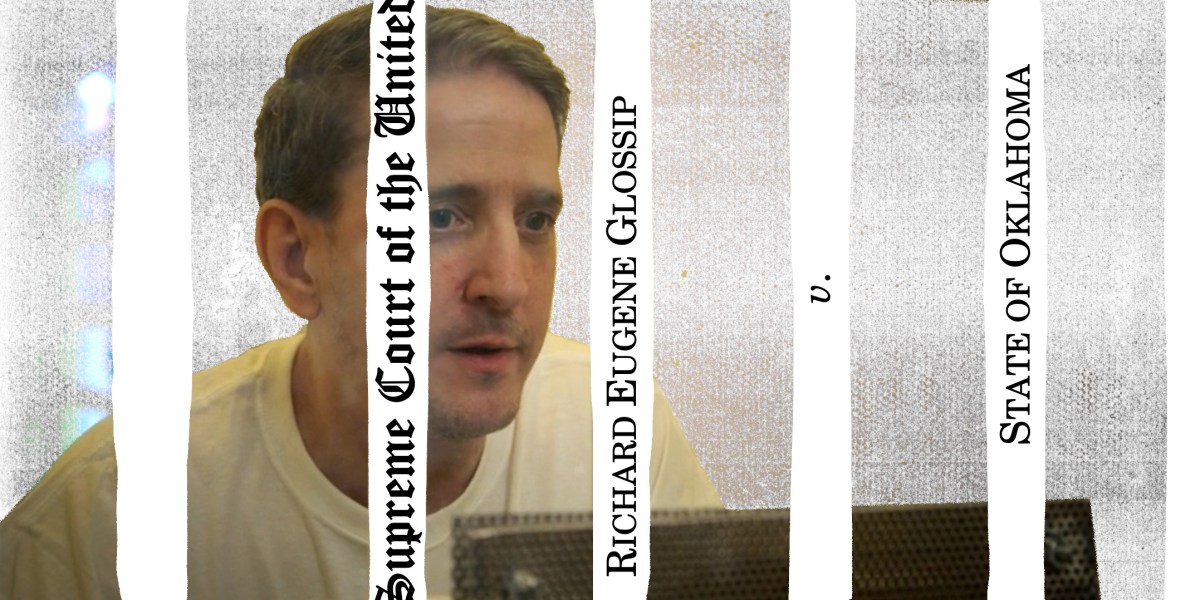Ordinarily, a state’s attorney general would be the one arguing to the high court that an execution should move forward. But since virtually the moment he took office in January 2023, Oklahoma Attorney General Gentner Drummond has taken unprecedented action to spare Glossip’s life. In Drummond’s view, the case against Glossip was so tainted by prosecutorial misconduct that his conviction should be overturned.
Drummond told the Oklahoma Court of Criminal Appeals as much last year, when he came forward to ask the court to vacate Glossip’s conviction and order a new trial. The court rejected the overture, however, clearing the way for Glossip’s execution. Glossip appealed to the Supreme Court for intervention, an effort that Drummond joined. As such, there was no one from Oklahoma arguing in favor of killing Glossip. Enter (Christopher G.) Michel, (former law clerk to Chief Justice John Roberts).
In a brief filed on July 8, Michel took on the task (of acting as advocate to deny a new trial) with gusto — even if his recitation of the facts of Glossip’s case, and of the lower court’s ruling, was misleading and incomplete. Michel argues that the court should pay no mind to Drummond’s concerns about the legality of executing Glossip. “Nothing in the Constitution compels a state court to provide a particular measure of deference to a state official’s confession of error,” Michel wrote. In other words, it doesn’t matter how flawed Drummond believes the case is, the court is under no obligation to take those concerns seriously.



When a court chooses to kill innocent people, what then is the difference between lawful execution and extra-judicial killings (other than semantics)?
In other words, the court is communicating that it’s OK to kill, regardless of the law. So, the problem they are creating appears to have a built-in solution.